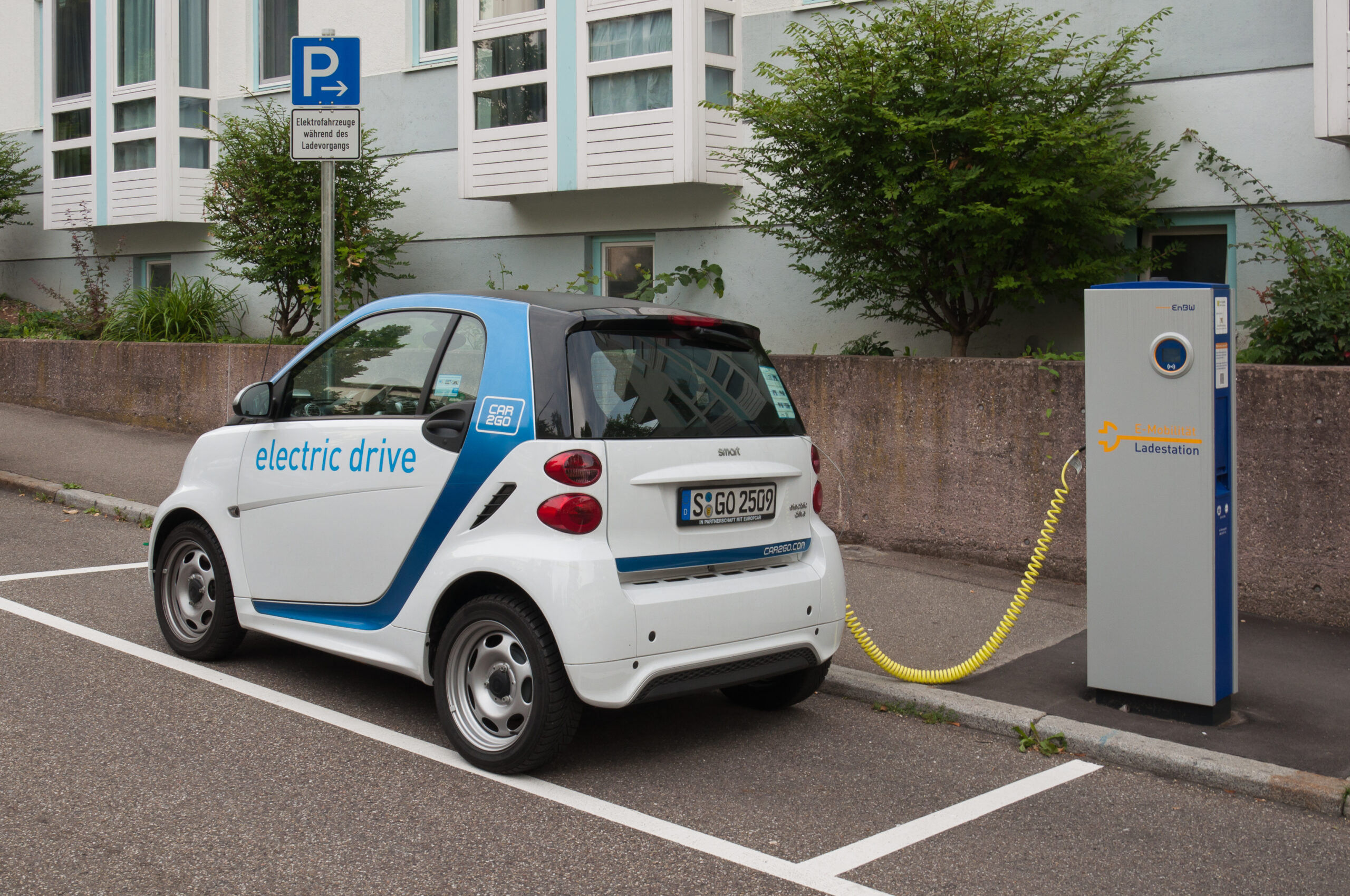- Why Scientists Track Atmospheric Carbon With Giant Towers - October 7, 2025
- The Link Between Melting Ice and Rising Sea Levels Explained - October 6, 2025
- How Ocean Currents Help Regulate Global Climate - October 5, 2025
Electric vehicles (EVs) have been the talk of the town for a while now. Yet, despite their growing popularity, there are still a number of misconceptions that people hold on to. It’s time to set the record straight. Here are seven common myths about electric cars and the truths behind them.
Myth: EVs Have Limited Range
One of the most persistent myths about electric vehicles is that they have a limited range. In the early days of EVs, this might have been true. However, modern EVs have come a long way in terms of range. Today, many models can travel between 250 to 300 miles on a single charge, which is more than sufficient for most daily commutes. High-end models, like those from Tesla and Lucid Air, are pushing the boundaries even further, achieving ranges of over 400 miles. It’s also worth noting that the charging infrastructure is expanding rapidly, making it easier to find charging stations on long trips. So, the next time someone tells you EVs can’t go the distance, feel free to set them straight.
Myth: EVs Are Too Expensive
Another common belief is that electric vehicles are prohibitively expensive. While it’s true that the upfront cost of an EV can be higher than that of a traditional car, there are several factors that make them more affordable in the long run. Many governments offer incentives and tax credits for purchasing EVs, which can significantly reduce the initial price. Additionally, EVs have lower operating costs because electricity is cheaper than gasoline, and they require less maintenance. For those on a tighter budget, the growing market for used EVs offers more affordable options. So, while the sticker price might seem intimidating, the overall cost of owning an EV can be quite reasonable.
Myth: Charging Takes Too Long

Charging times are another area where myths abound. Some people believe that charging an electric vehicle takes too long to be practical. However, advancements in charging technology have addressed this concern. Fast chargers can now provide an 80% charge in just 30 minutes or less. For most people, home charging overnight is sufficient, allowing them to wake up with a “full tank” every morning. This level of convenience is something traditional vehicles can’t match. So, while charging may take longer than filling up a gas tank, it fits seamlessly into most people’s daily routines.
Myth: EV Batteries Don’t Last Long
The longevity of EV batteries is another area where misconceptions persist. Many people worry that these batteries won’t last long, leading to costly replacements. In reality, EV batteries are designed to last for 10 to 20 years or more. Most manufacturers offer warranties for 8 years or over 100,000 miles, providing peace of mind to buyers. Furthermore, battery recycling and reuse programs are being developed to extend the life cycle of batteries even further. This means that concerns about battery longevity are largely unfounded.
Myth: EVs Aren’t Environmentally Friendly
Some skeptics claim that electric vehicles aren’t as environmentally friendly as they’re made out to be. It’s true that battery production has an environmental footprint, but it’s important to consider the bigger picture. Over their lifetime, EVs have significantly lower emissions compared to internal combustion vehicles, especially when charged with renewable energy sources. As the world moves towards cleaner energy, the environmental benefits of EVs will only increase. So, while they’re not perfect, EVs are a step in the right direction for reducing our carbon footprint.
Myth: There Aren’t Enough Charging Stations
A common worry for potential EV buyers is the availability of charging stations. While it might have been a valid concern in the past, the charging infrastructure is growing rapidly. Thousands of public charging stations are now available across cities, highways, and even rural areas. Apps like PlugShare make it easy to locate these stations, ensuring that EV drivers are never too far from a charge. As the network continues to expand, this myth is becoming increasingly outdated.
Myth: EVs Aren’t Fun to Drive
Lastly, some people believe that electric vehicles aren’t as fun to drive as traditional cars. This couldn’t be further from the truth. EVs deliver instant torque, which means they offer quick acceleration and a smooth, quiet driving experience. Many electric vehicles outperform their gas-powered counterparts in terms of speed and handling. The driving experience is often likened to gliding effortlessly on a magic carpet — both thrilling and serene. So, if you think EVs can’t provide an exhilarating ride, it’s time to think again.
Dispelling these myths can help people see EVs as viable, sustainable, and exciting alternatives to traditional vehicles. Which myth do you encounter most often?

